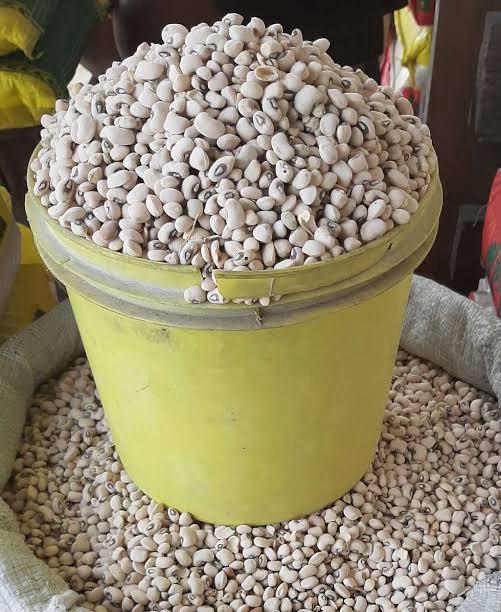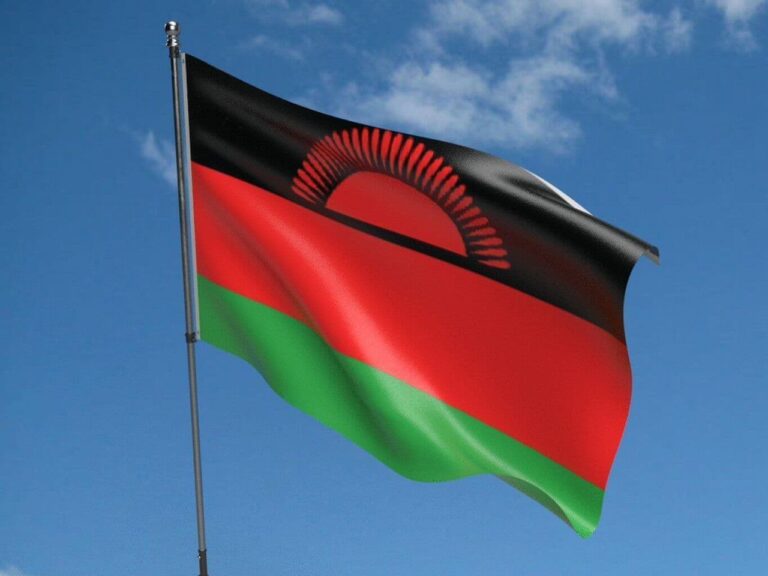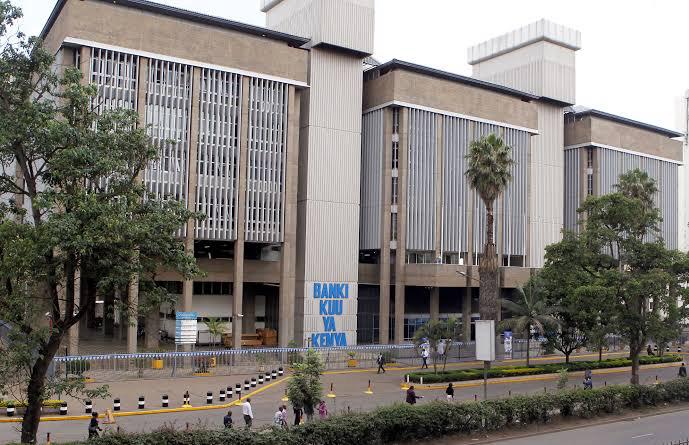LAGOS – Nigeria is suffering a staggering annual loss of $363 million due to a longstanding European Union ban on its beans exports, a report by the Alliance for Action Against Pesticides in Nigeria (AAPN) revealed on Thursday.
The ban, first instituted in 2015 and repeatedly extended, is a direct result of hazardous pesticide residues found in the country’s agricultural produce, raising serious concerns about both economic health and public safety.
Professor Simon Irtwange, co-founder of the AAPN, disclosed the alarming figure during a news conference in Abuja, where he highlighted that over 76% of Nigeria’s agricultural exports are routinely rejected by the EU. Nairametrics reported.
The ban’s impact extends beyond beans to include other key commodities like sesame seeds, melon seeds, dried fish, and palm oil, significantly harming Nigeria’s global reputation and resulting in massive financial losses.
The core of the problem, according to Irtwange, is the widespread and unregulated use of highly hazardous pesticides (HHPs) by Nigerian farmers. He noted that Nigeria currently registers and permits the use of more than 400 pesticide formulations, with over 50% of them being considered highly hazardous and banned in the EU, the United States, and parts of Asia.
EU’s initial ban in 2015 was triggered by the discovery of dichlorvos, a pesticide banned in the EU since 2006, in Nigerian beans at levels far exceeding the acceptable maximum residue limit (MRL).

Despite repeated warnings and an initial one-year suspension, the ban was extended as Nigeria failed to implement a robust food safety action plan.
Irtwange emphasized the need for a national pesticide and agroecological control bill to protect the health and environment of Nigerians. He also called for the bill to promote transparency and public participation in the regulation process.
Meanwhile, the All Farmers Association of Nigeria (AFAN) has previously acknowledged the problem, with various state chairmen and officials over the years calling for government intervention. They have highlighted a lack of basic techniques in processing farm produce and a need for effective quality control management systems.












